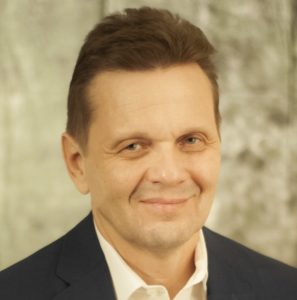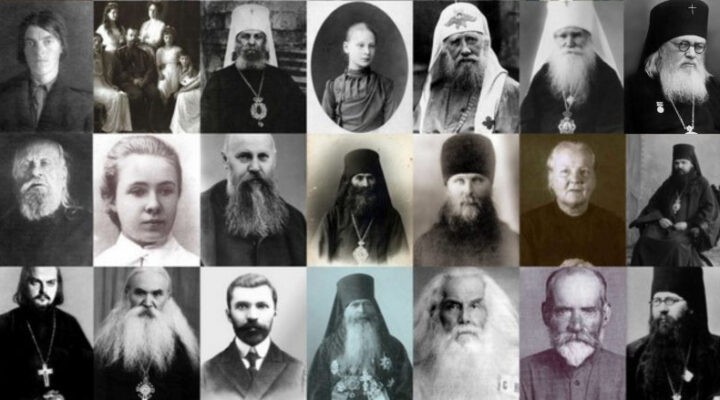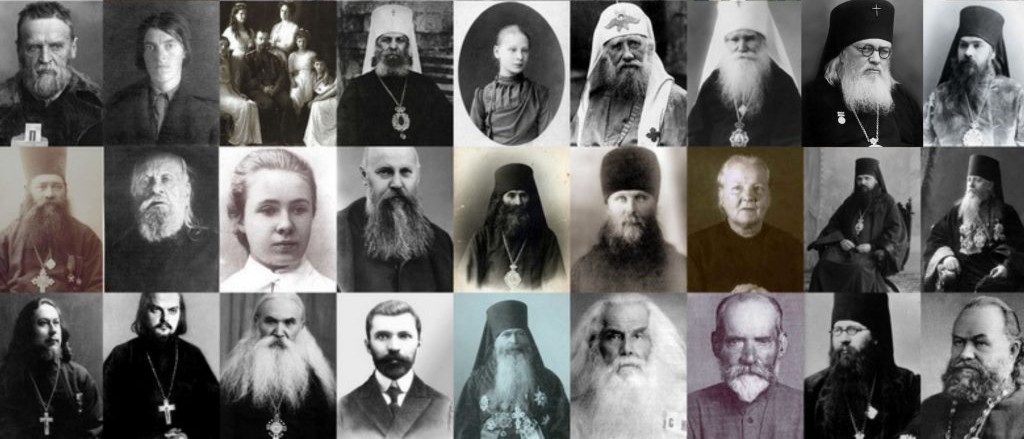Earlier this month, Christianity Today ran a piece on whether Russian Christians need more Bonhoeffers. By “more Bonhoeffers,” the author apparently meant leaders who would speak up on the Russian-Ukrainian conflict.
 Christian leaders from Italy, Switzerland, Serbia, Bosnia and Bulgaria have given their input. Unfortunately, views of Russian Christian leaders themselves were not represented in the article, nor were views of leaders of Russian Christian leaders outside Russia.
Christian leaders from Italy, Switzerland, Serbia, Bosnia and Bulgaria have given their input. Unfortunately, views of Russian Christian leaders themselves were not represented in the article, nor were views of leaders of Russian Christian leaders outside Russia.
Dietrich Bonhoeffer was a German pastor and theologian in Nazi Germany. He was a leader of the Confessing Church, a movement that resisted Nazi efforts to unite German Protestants under the umbrella of a single organization loyal to the regime. His writings were noticeably impacted by these circumstances. Bonhoeffer ended up joining the failed plot to kill Hitler in 1944. For this, he was arrested and eventually executed.
Over the last century, there has been no shortage of Russian Christians speaking prophetically to the powers that be. Many paid dearly. Metropolitan Pyotr (Polyanskiy), acting patriarch of the Russian Orthodox Church, was shot after he spent 12 years in jail and exile. Nikolay Khmara, a Baptist minister, bled to death after he had his tongue cut off. There have been countless others.
“Over the last century, there has been no shortage of Russian Christians speaking prophetically to the powers that be.”
That said, the prophetic voice of the Russian Orthodox Church generally has been subdued. This is mostly due to Symphonia, a specific arrangement with Russian czars that that Russian Orthodox Church enjoyed for centuries. The church aligned itself with the czars’ policies. In return, the church enjoyed the privileged status of the state religion. This arrangement persisted during the Communist time, even though the Communist government was atheist and enshrined the separation of church and state in the constitution.
But even those Russian Protestants who had no hesitancy about witnessing prophetically to the power on spiritual issues generally steered clear of speaking up on political matters. This was for three reasons, which also make me reluctant to buy the notion that Christian leaders in Russia need more Bonhoeffers.
First, Russian Protestants believe the church should generally steer clear of politics. Partly this is due to their history. Under the Communist regime, they were routinely accused of furthering a capitalist agenda by other means. They were blamed for being politicians in disguise. In response, they stressed that they were people of faith, not politicians.
These reflexes remain with many of them, particularly with older ones. But there are theological considerations as well. Faith should not be wedded to political agendas of the day, no matter how compelling the latter may be.
Second, laudable as he is, Bonhoeffer is a Western character shaped in large part by Augustinian spirituality, which remains somewhat alien in the Christian East. Russian Protestants have a rich prophetic tradition. If they are to have a model figure for these times, they may be better off drawing on their own prophetic voices. Given that there has been no shortage of these voices, Russian Protestants do not need to be lectured by Westerners about which Western prophets they should select as their models. Digging into their own history for dealing with issues of current times will serve them better in the long run.
“Russian Protestants do not need to be lectured by Westerners about which Western prophets they should select as their models.”
Third, and related, are Bonhoeffer’s methods, particularly his participation in a plot to kill Hitler. The tragedy that is developing in the Ukraine must not be minimized. But Putin is no Hitler. Nor would an attempt to murder Putin serve Russian Protestants particularly well, should a prominent Russian evangelical be implicated in this plot. One can only imagine the disaster this scenario would unleash on Russian Protestants, who even now are perceived by many as agents of Western influence.
By and large, Russian Protestant reflexes to politics have developed under generally hostile regimes. Are these reflexes serving well now? Some, who have signed the letter protesting Putin’s decision (Yuri Sipko, longtime head of Russian Baptists among them), do not think so. Others limited themselves to prayers for “restless nations.”
Be that as it may, it is up to Russian Protestants to chart their own course, selecting their own models in the process.
Andrey Shirin serves as associate professor of divinity and director of transformational leadership at John Leland Center for Theological Studies in Virginia.
Related articles:
A Bonhoeffer Moment finale: ‘What Christianity really is’ | Opinion by Bill Leonard
Don’t forget the religious implications of geopolitical upheaval | Analysis by Richard Wilson


